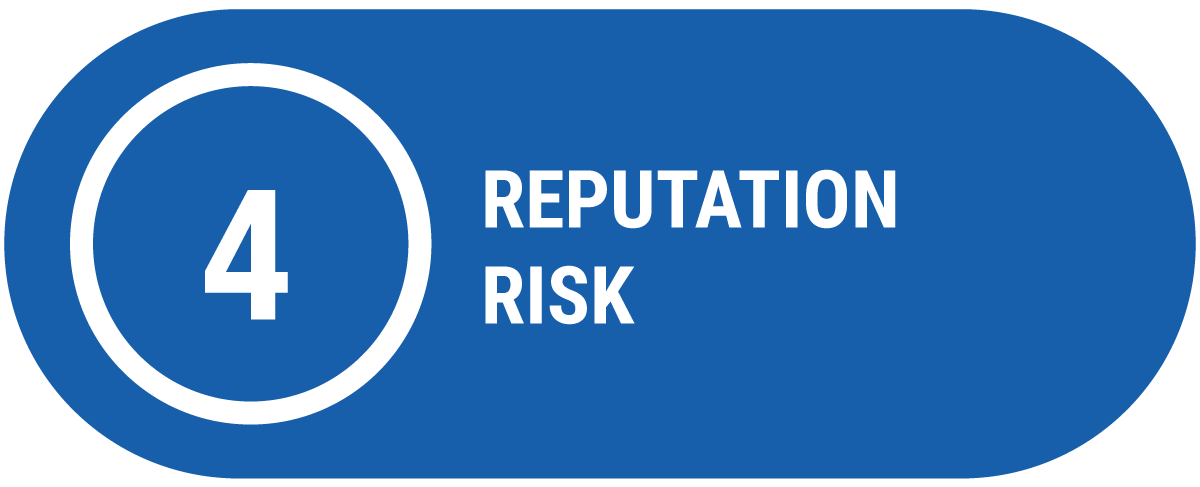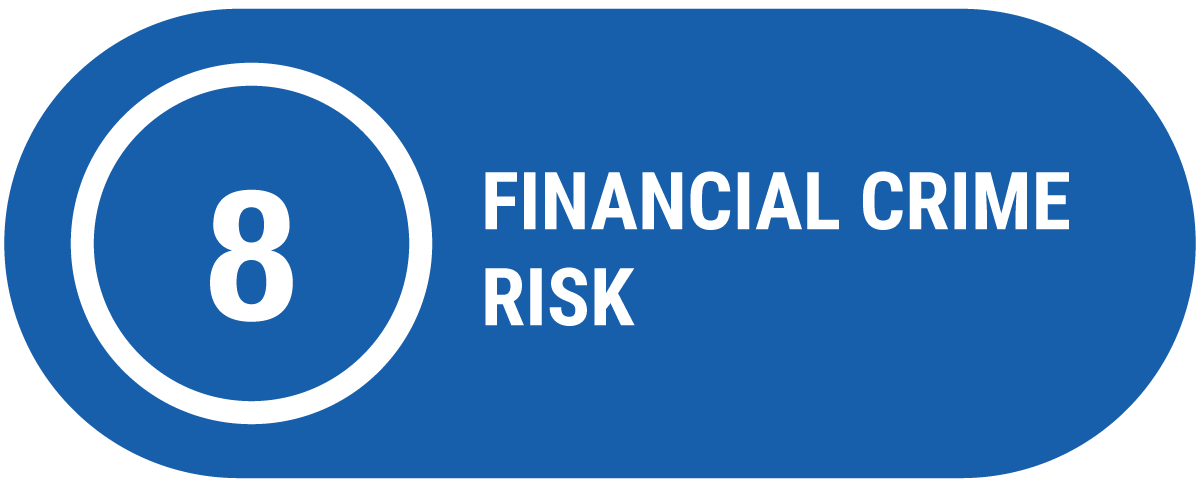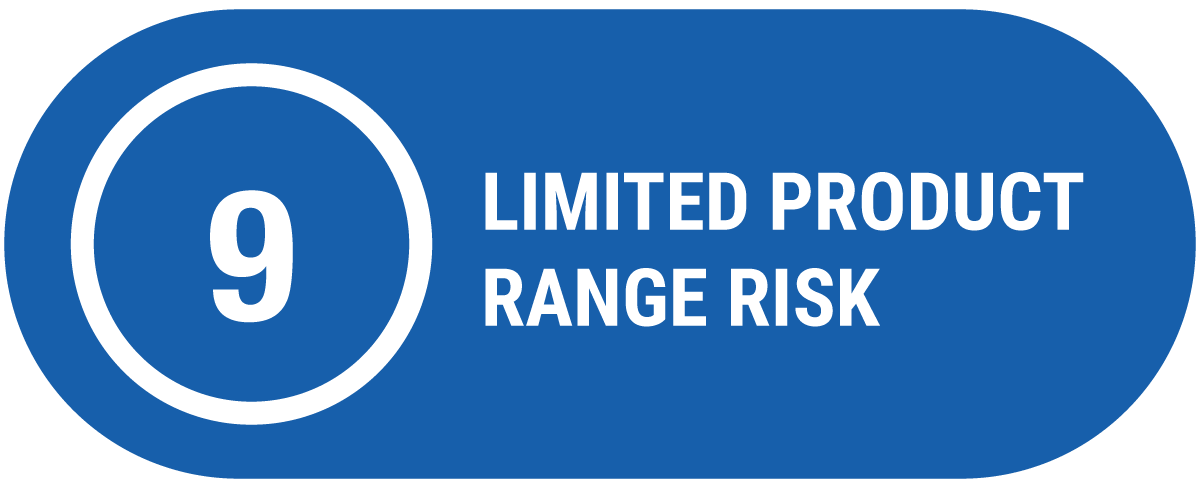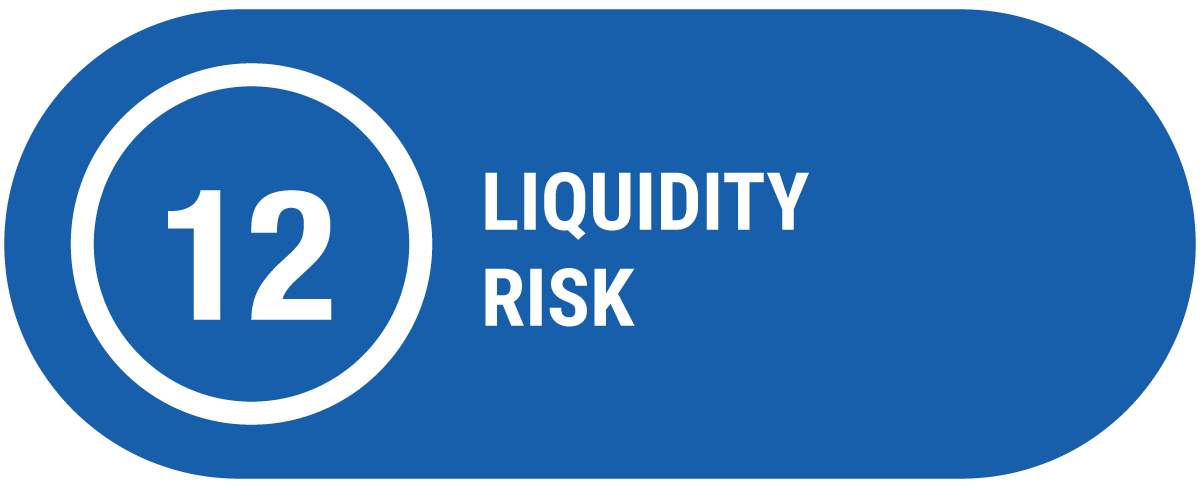OUR REPORT OVERVIEW
NAVIGATING OUR REPORT
Navigating Icons
Throughout this report, we use the following navigational icons to show the interconnectivity between core concepts and the various sections of this report. Working together and separately, these elements have the potential to impact (positive and negative) our ability to create value over the short, medium, and long term.Capitals
Our financial, human, manufactured, intellectual, social and relationship and natural capitals facilitate every aspect of our business and our ability to create long-term value. We have accordingly defined our structure, activities, and performance against our strategy in this report in terms of these six capitals.INPUTS
INPUTS
We are dependent on the forms of capitals available to us
VALUE ADDING ACTIVITIES
VALUE ADDING ACTIVITIES
How we use them
OUTPUTS AND OUTCOMES
OUTPUTS AND OUTCOMES
Our impact on them and the value we deliver
The 6 CAPITALS

Financial Capital
This tackles how we manage the Fund responsibly and in a profitable manner. We do this by making prudent investment decisions from our members contributions and competitive investment returns, which enable us to sustainably grow our assets and the members’ Fund

Human Capital
This resides in our employees, who are also members of the Fund and have a strong alignment with the rest of the NSSF members. In addition, the ability to attract, develop, enable, and retain the best talent is one of the Fund’s top objectives. We aim to create an exciting and vibrant work environment and we work continuously to provide our people with attractive career paths that will make them experts in their fields

INTELLECTUAL CAPITAL
This lies in the Fund’s reputation. Institutional knowledge and experience are intangible assets that have been built over time and have instilled confidence in us among our stakeholders and in Uganda at large
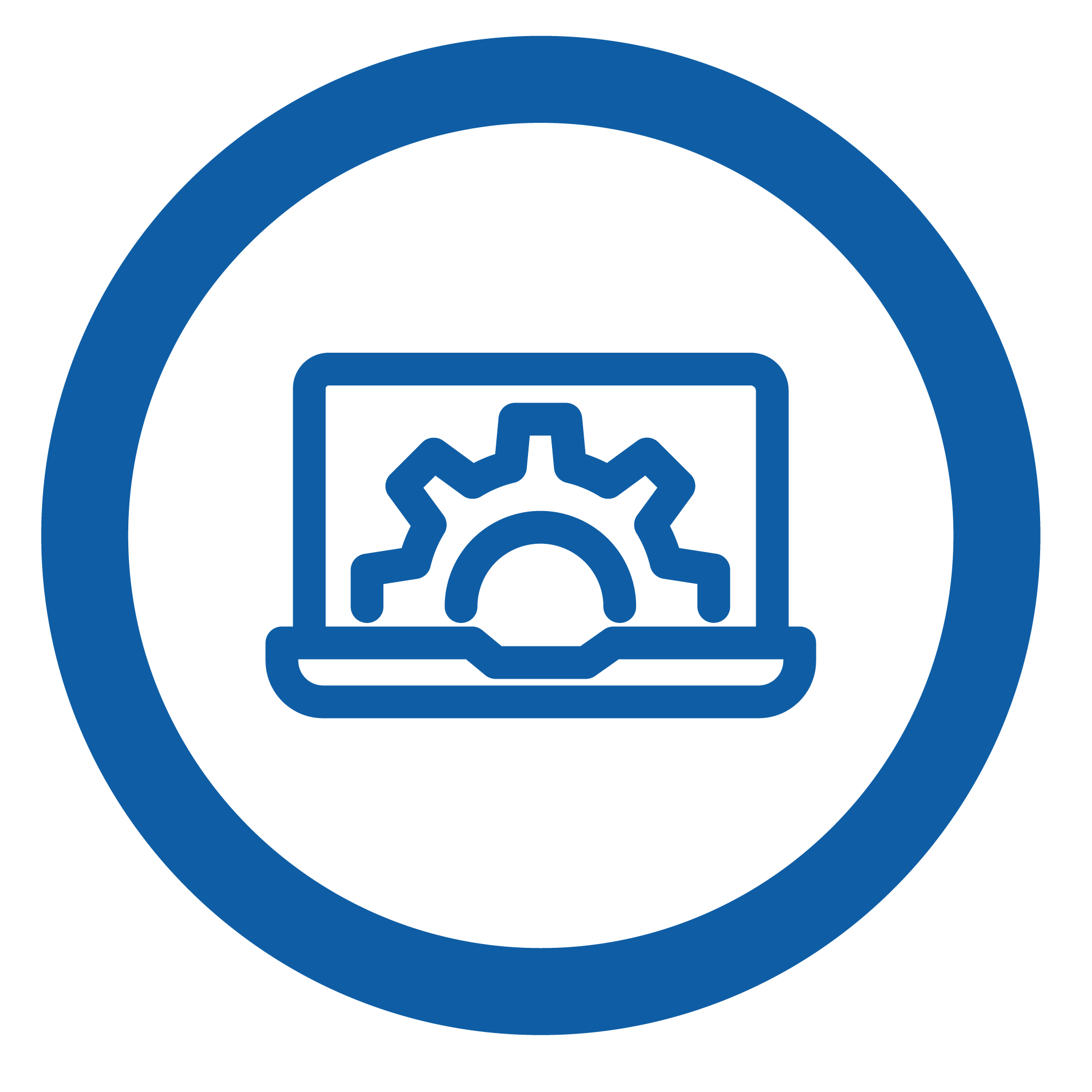
MANUFACTURED CAPITAL
This comprises our governance, business processes, building infrastructure, leading systems as well as our investment in information technology infrastructure and innovation that together enable us to manage the organisation in a prudent and professional manner

NATURAL CAPITAL
This is the effect of our operations on the environment and the sustainable development goals

SOCIAL AND RELATIONSHIP CAPITAL
This comprises the relationships and collaborations we have with our key stakeholders – our members, employees, suppliers, communities, the Board, the Ministry of Finance, the Ministry of Gender, Labour, and Social Development and our regulator URBRA, as applicable.
Strategic Objectives

FOCUS AREA 1:
Increase Customer Satisafaction

FOCUS AREA 2:
Increase Profitability
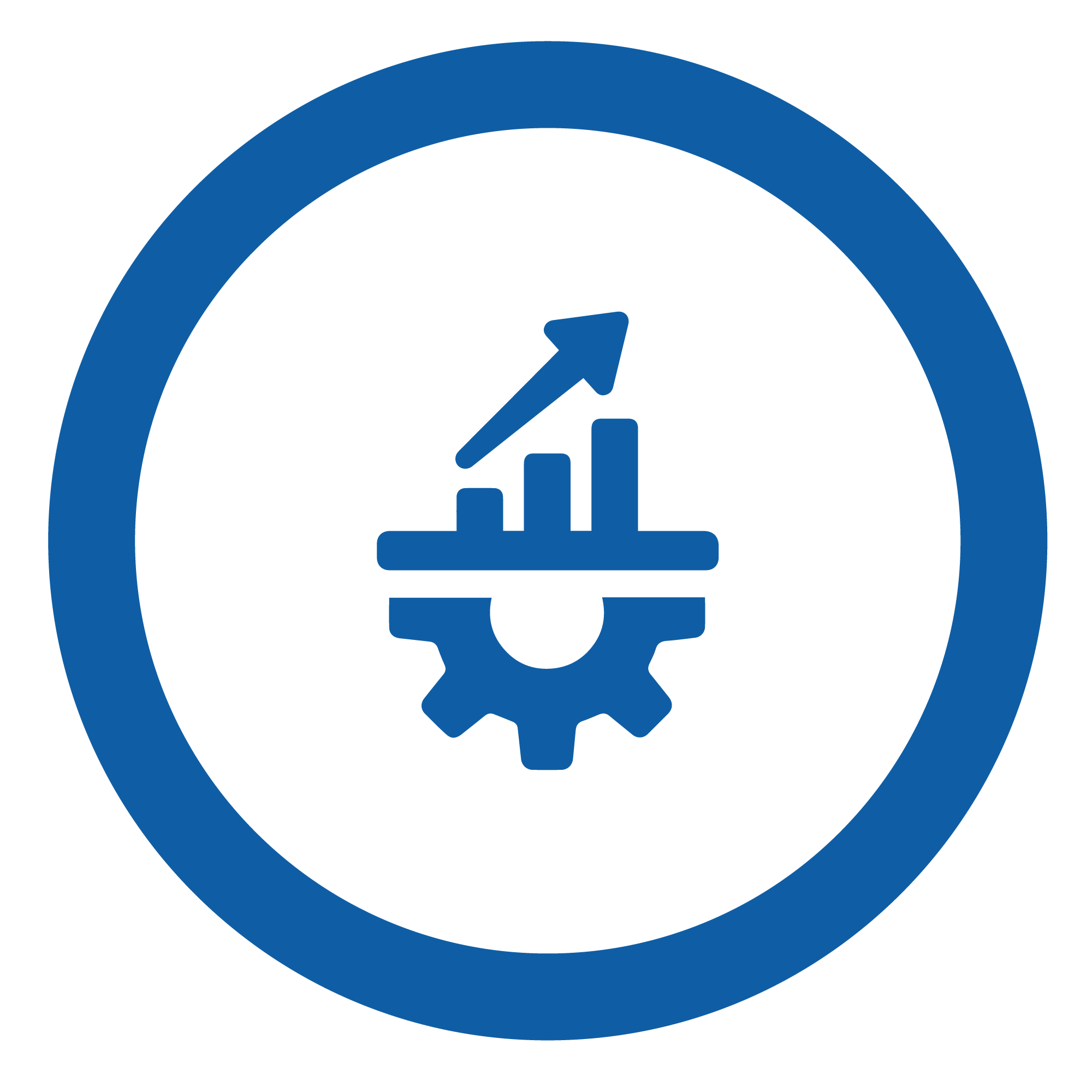
FOCUS AREA 3:
Increase Productivity

FOCUS AREA 4:
Increase Staff Satisfaction
Stakeholders

MEMBERS

EMPLOYEES

REGULATORS AND LEGISLATORS
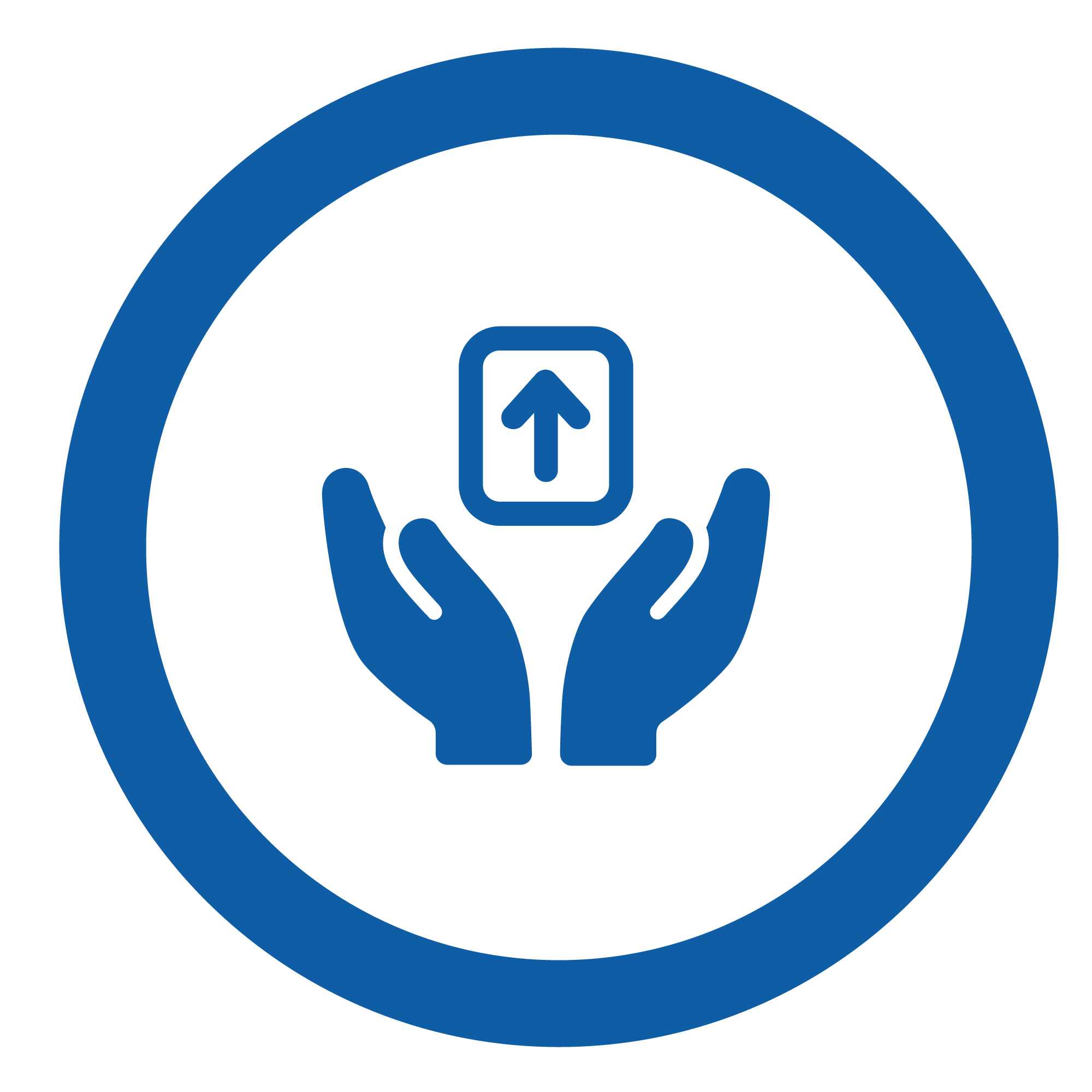
SUPPLIERS
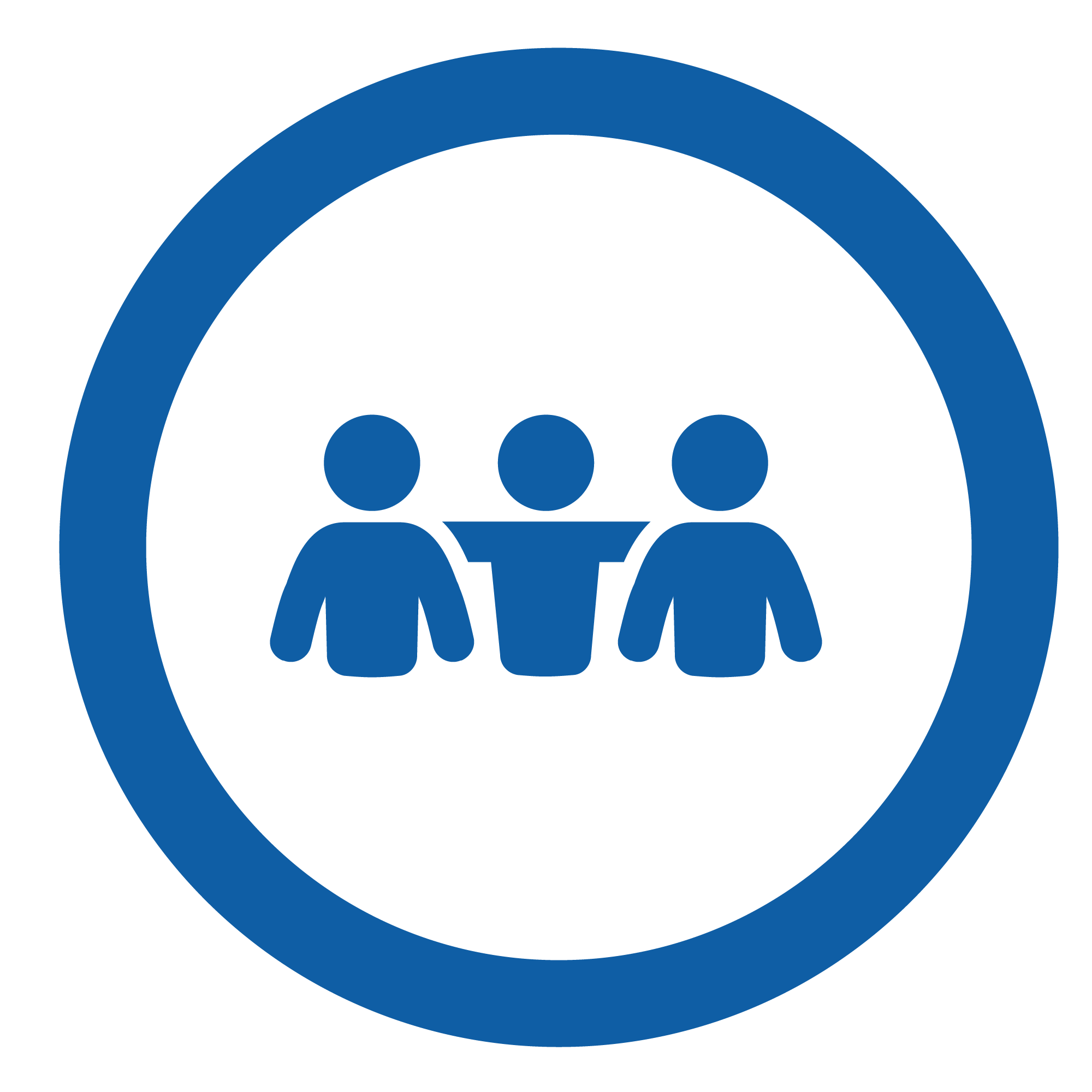
COMMUNITIES

INDUSTRY ASSOCIATIONS
MATERIALITY THEMES
Material matters are those issues that could affect our ability to create value in the short, medium, and long term.
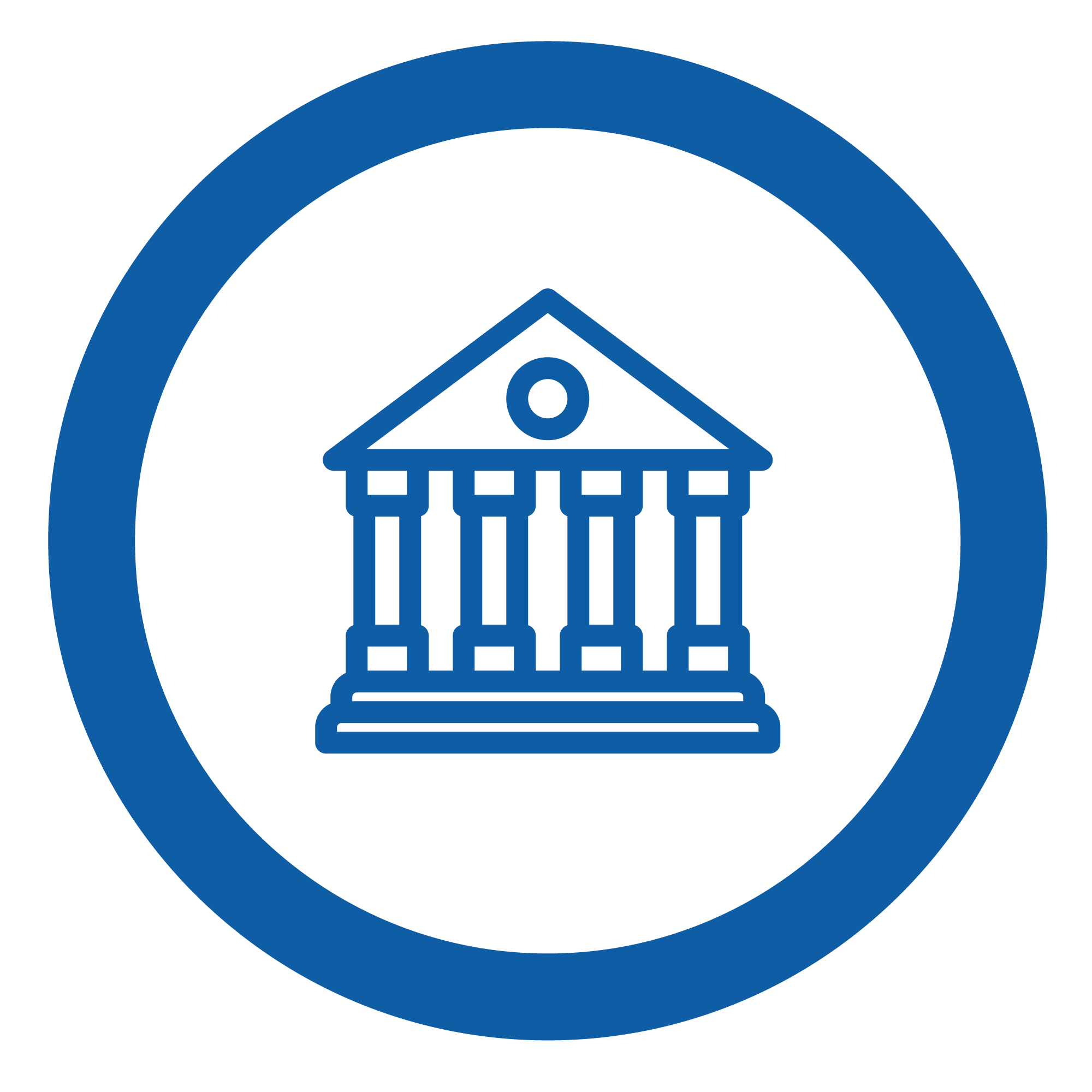
GOVERNANCE CHALLENGES

Regulatory change

Global economic uncertainty

Digital acceleration
Sustainable Development Goals
We have prioritised stakeholder issues according to their economic, environmental, social, and financial impact as guided by the GRI reporting framework and have adopted the Global Reporting Initiatives (GRI) G3/G3.1 for purposes of this report.
GRI supports the UN (United Nations) 2030 Sustainable Development Goals (SDGs), and our report demonstrates that the activities undertaken by the Fund contribute to the objectives of the SDGs, however a formal SDG strategy is not in place. Our business activities are geared to have a positive impact on people, the planet and prosperity.
The Fund contributes to the following 11 SDGs:












Board and Board Committees

MAIN BOARD

Staff Administration and Corporate Affairs (SACA)

Audit and Risk Assurance Committee (ARC)

FINANCE COMMITTEE
Through a clear social purpose, we aim to create long-term sustainable values underpined by sound ESG principles.
Dr Peter Kimbowa, Chairman, Board of Directors

Investments and project monitoring committee (IPMC)
Top Risks



